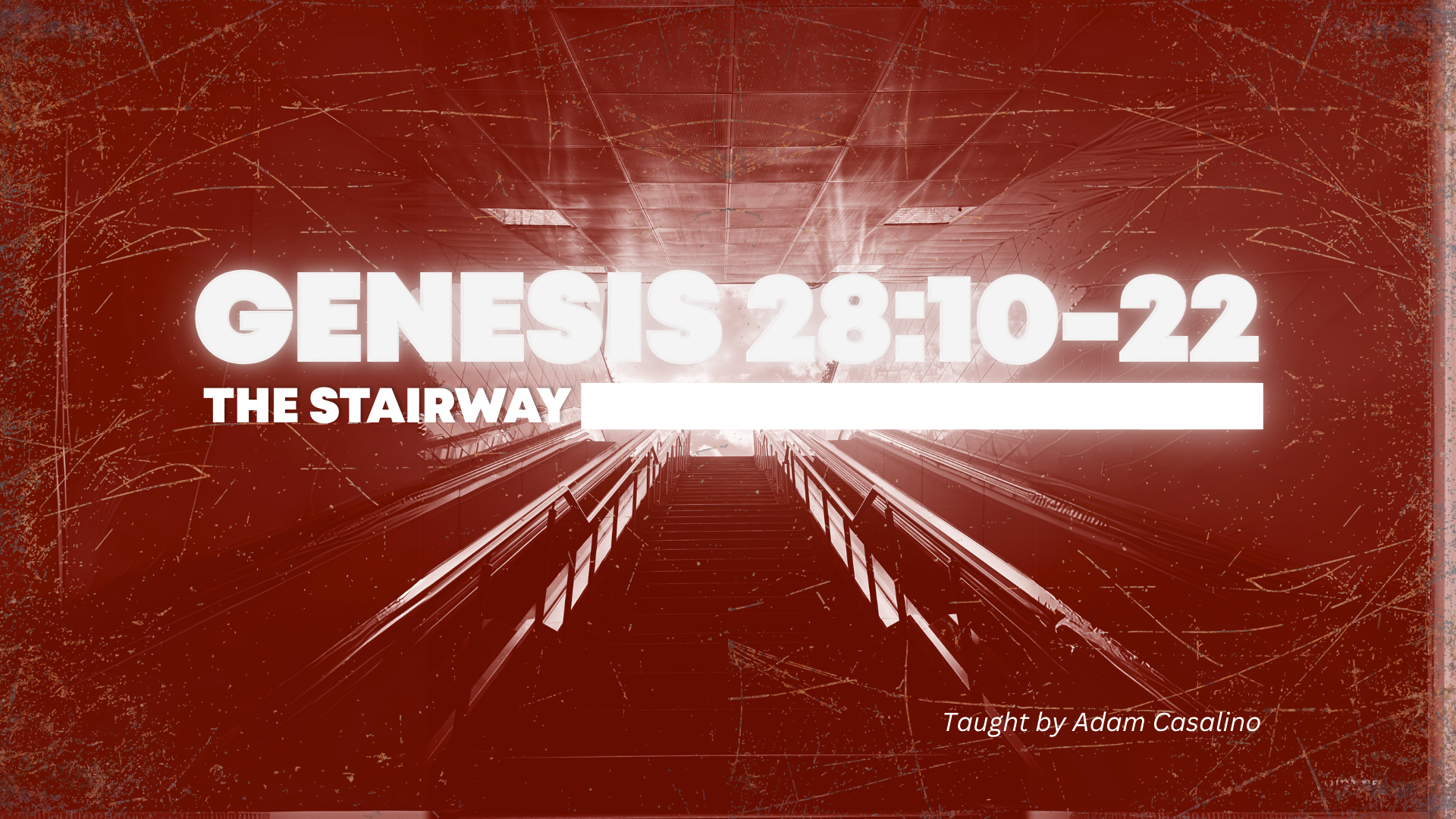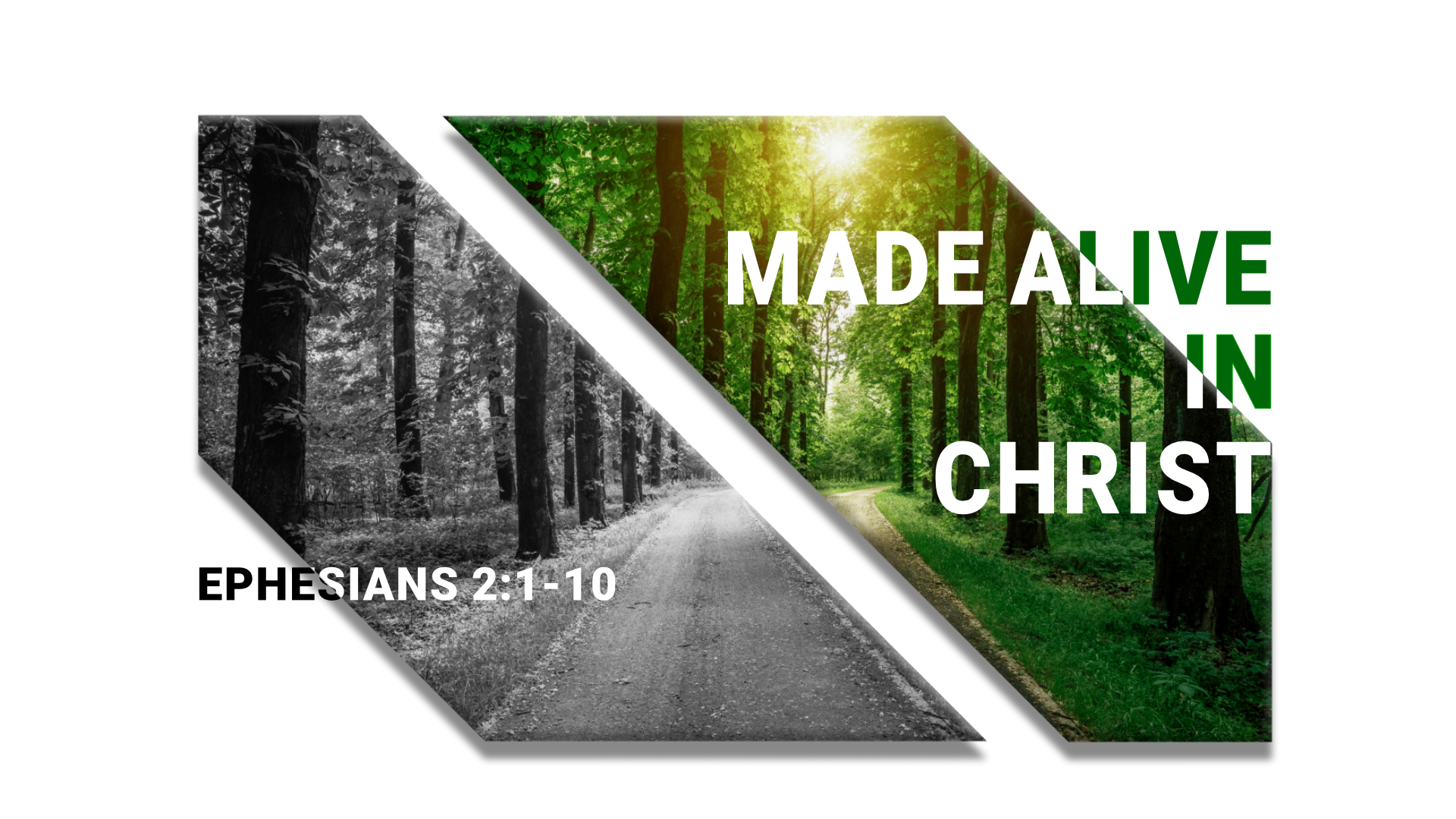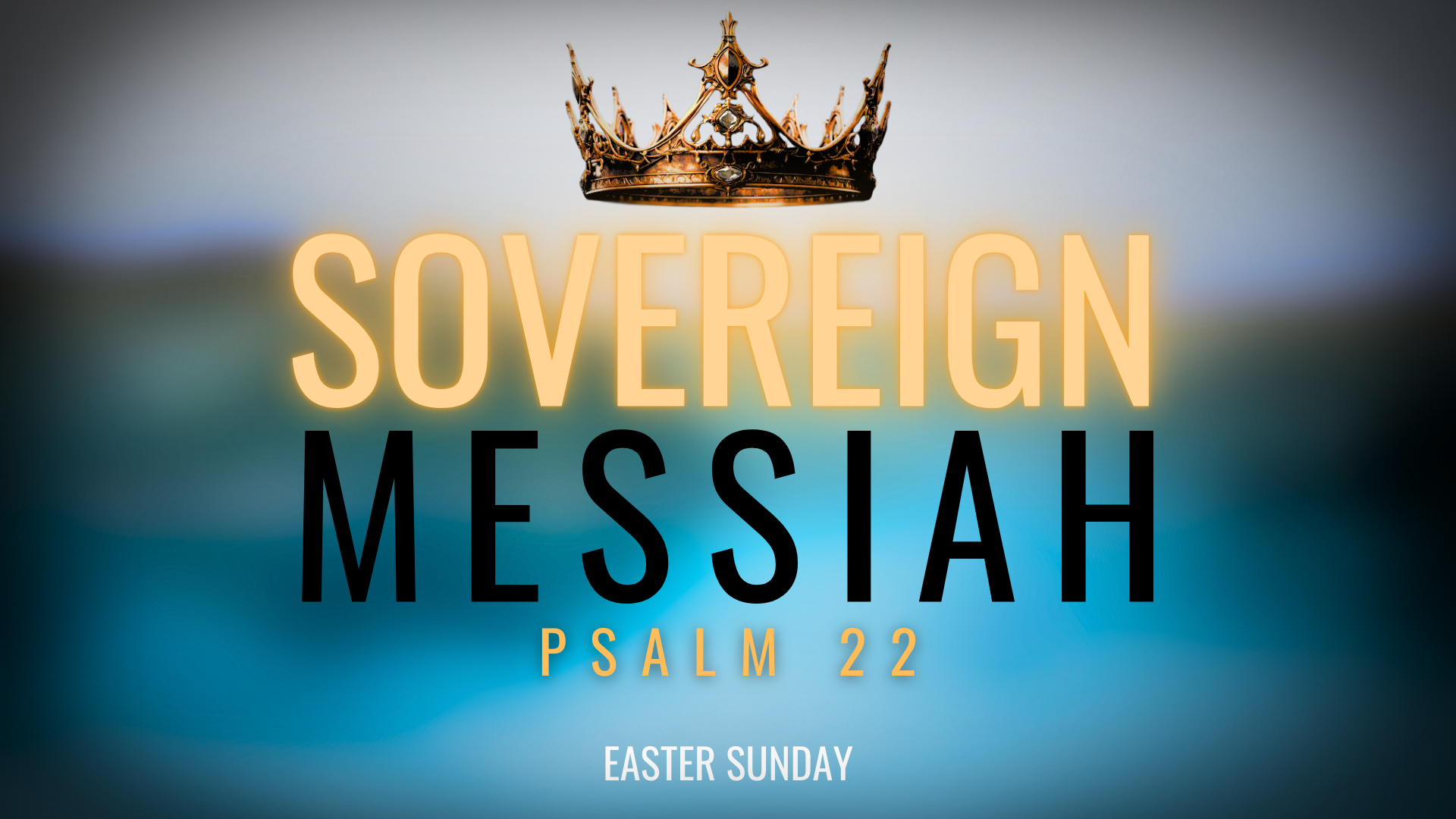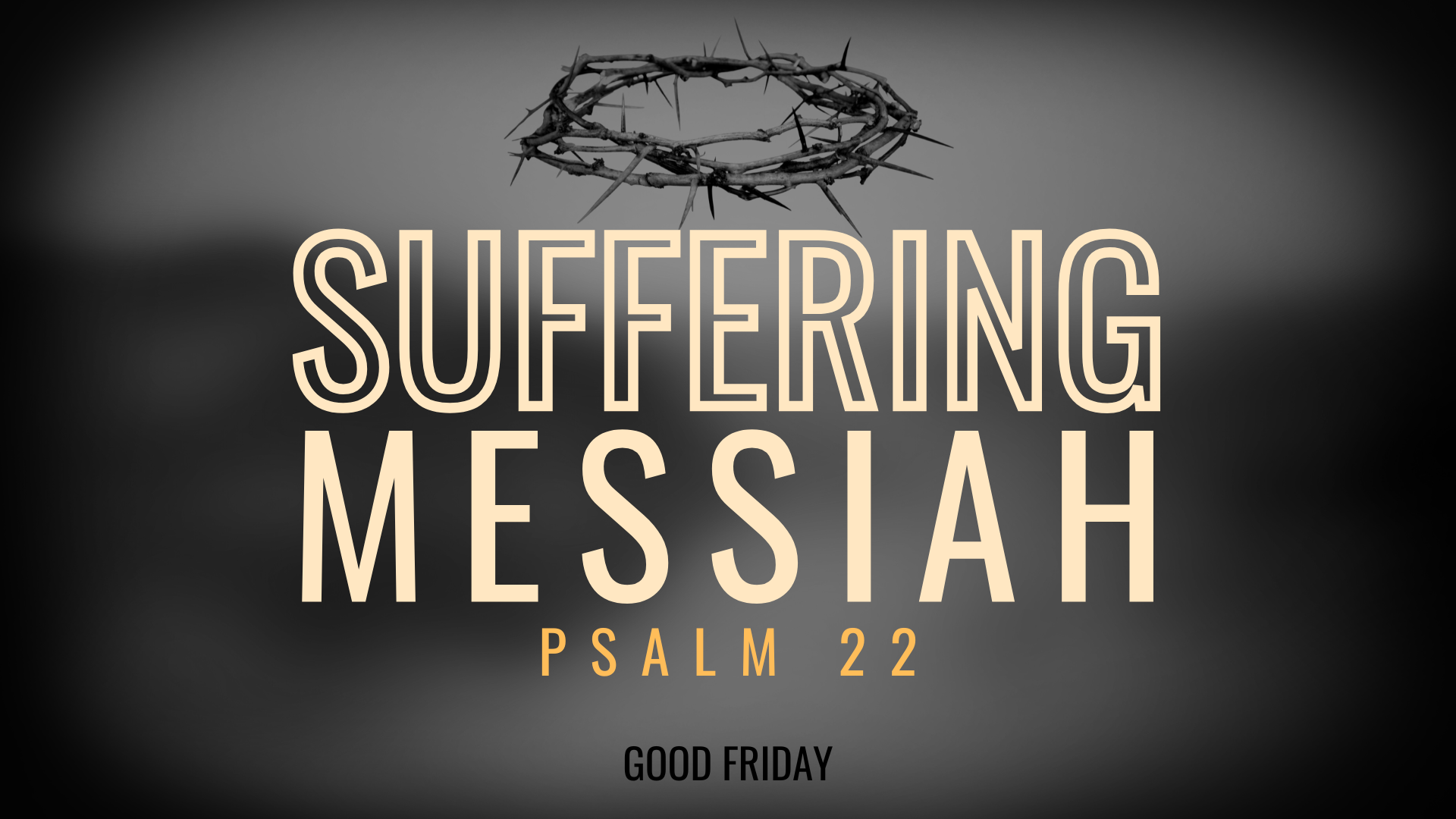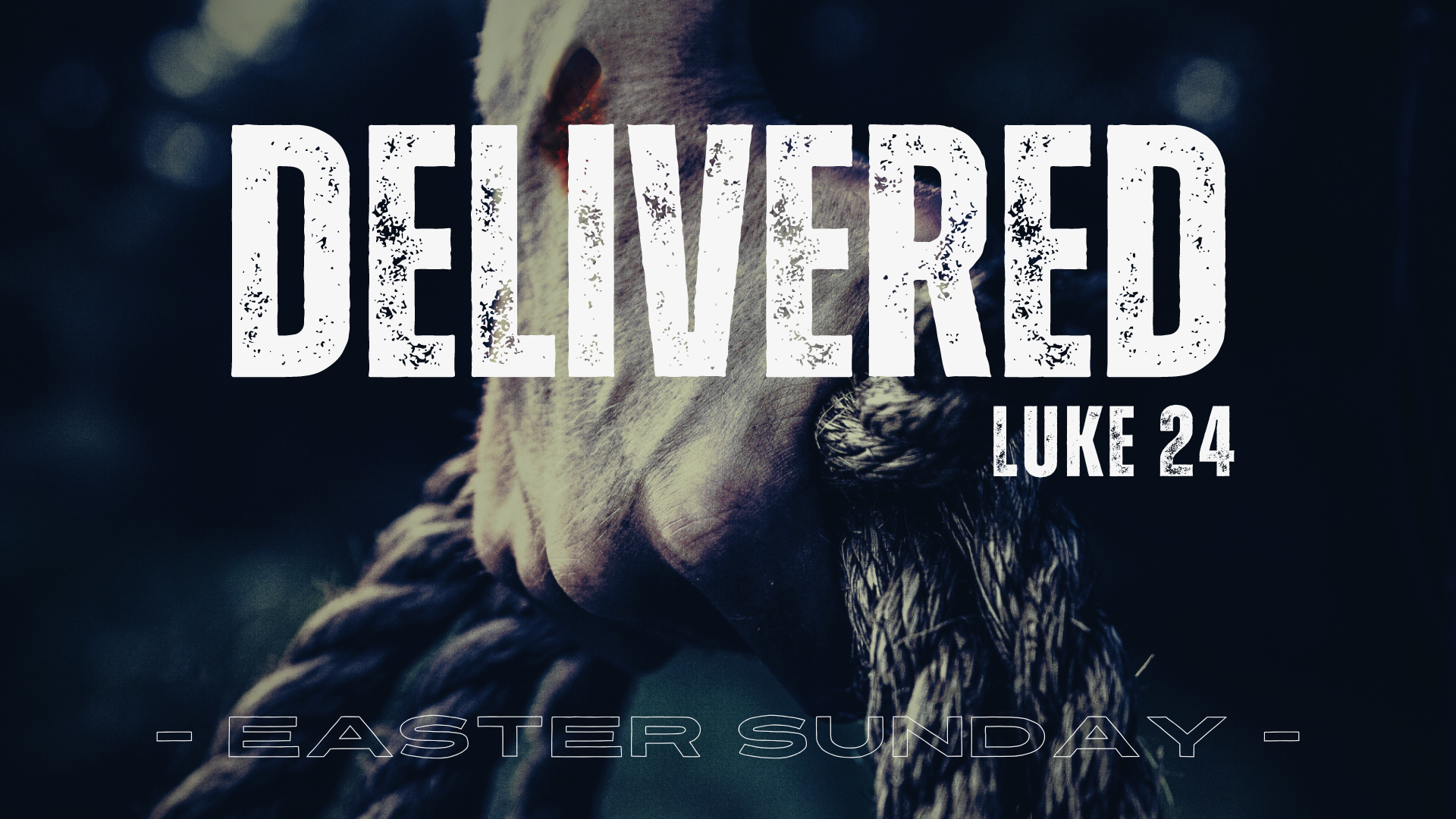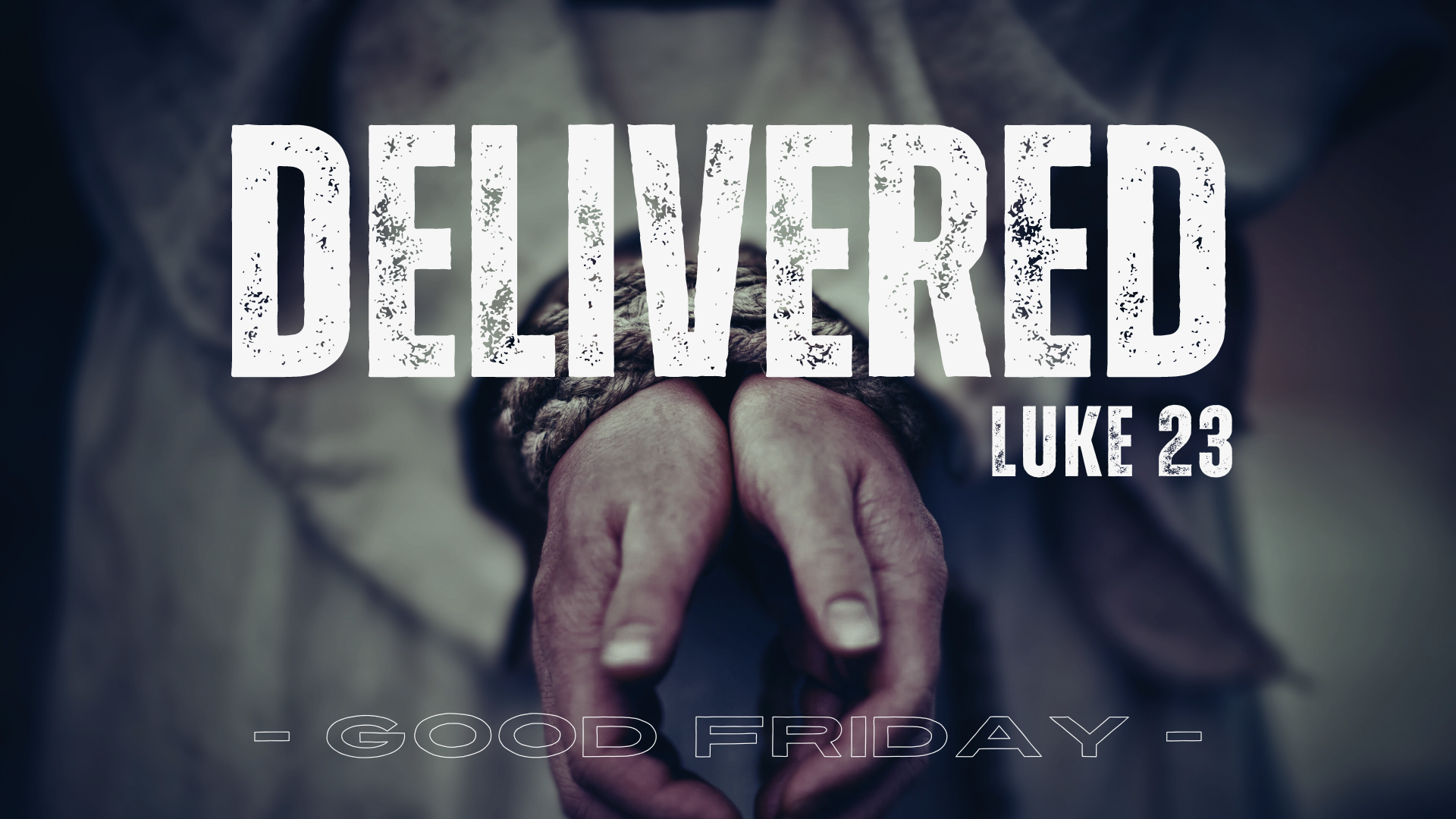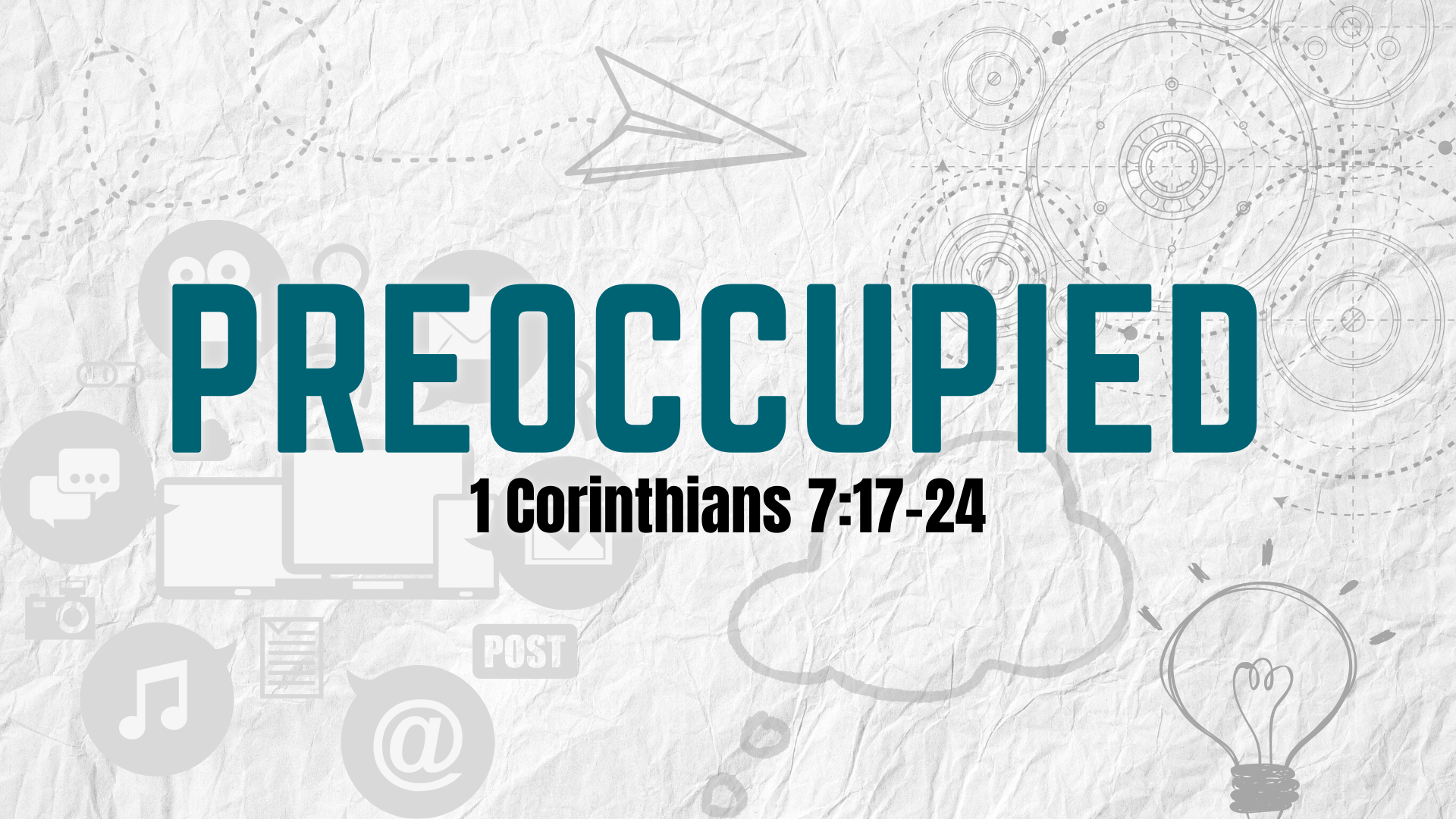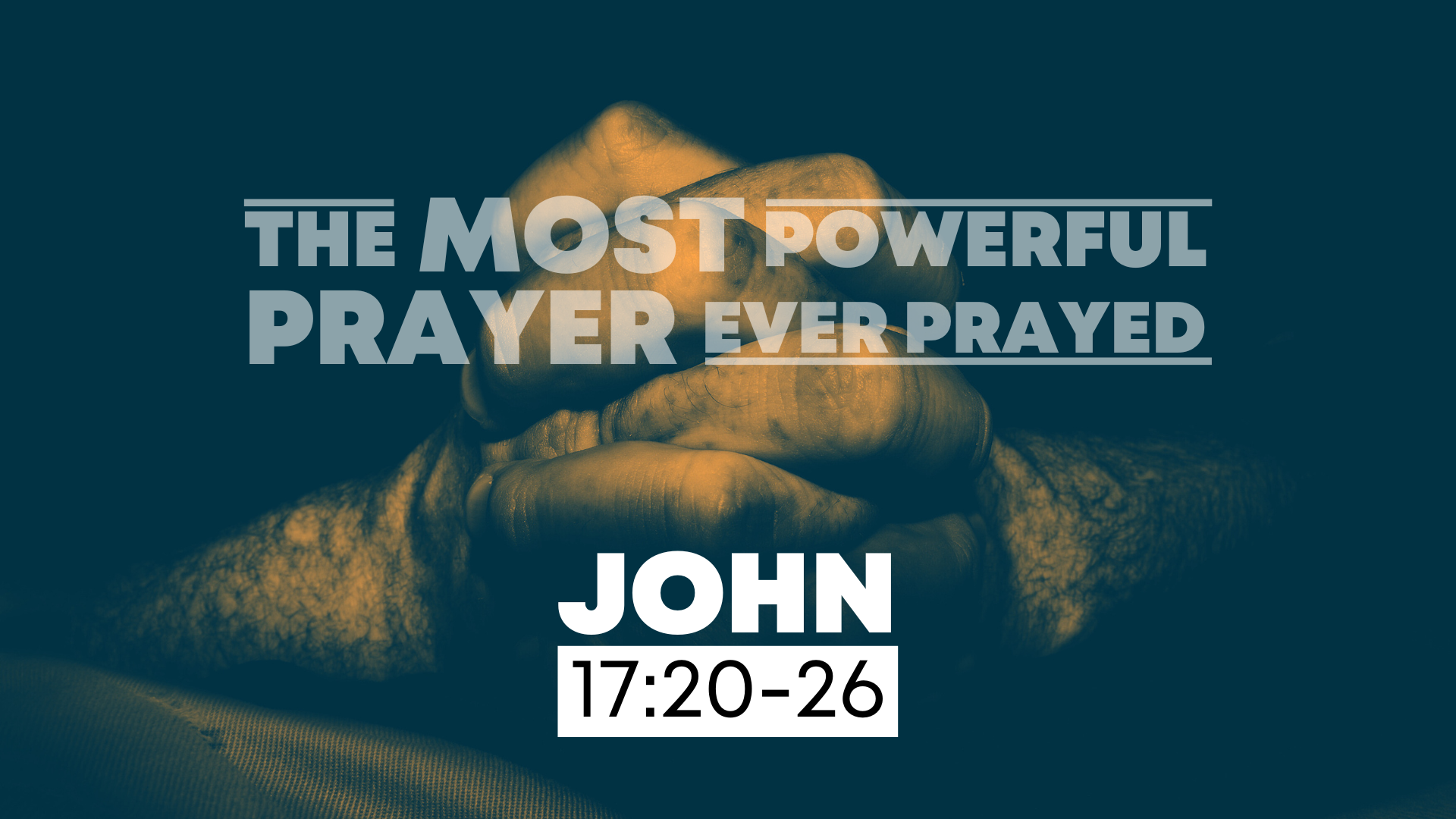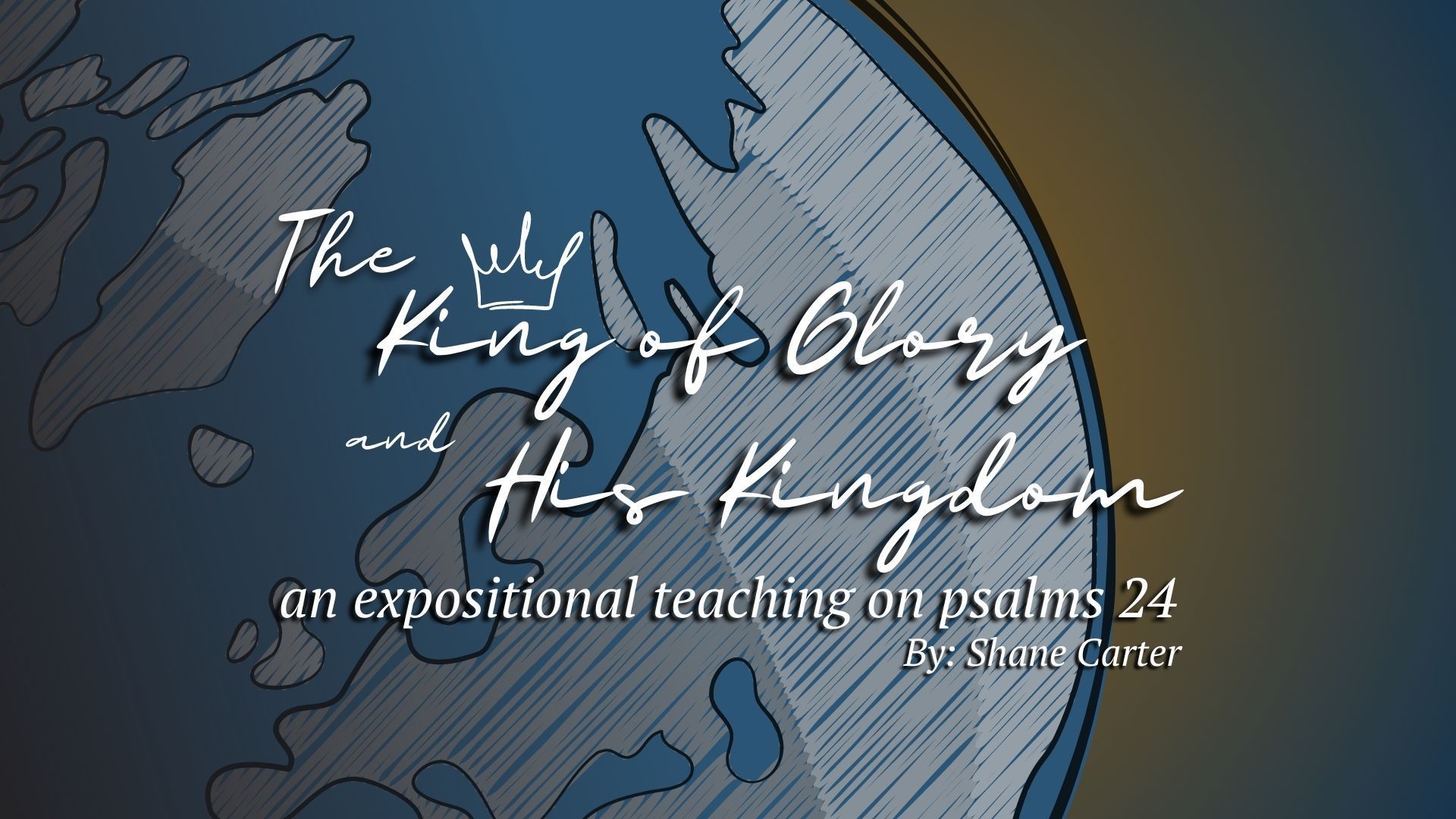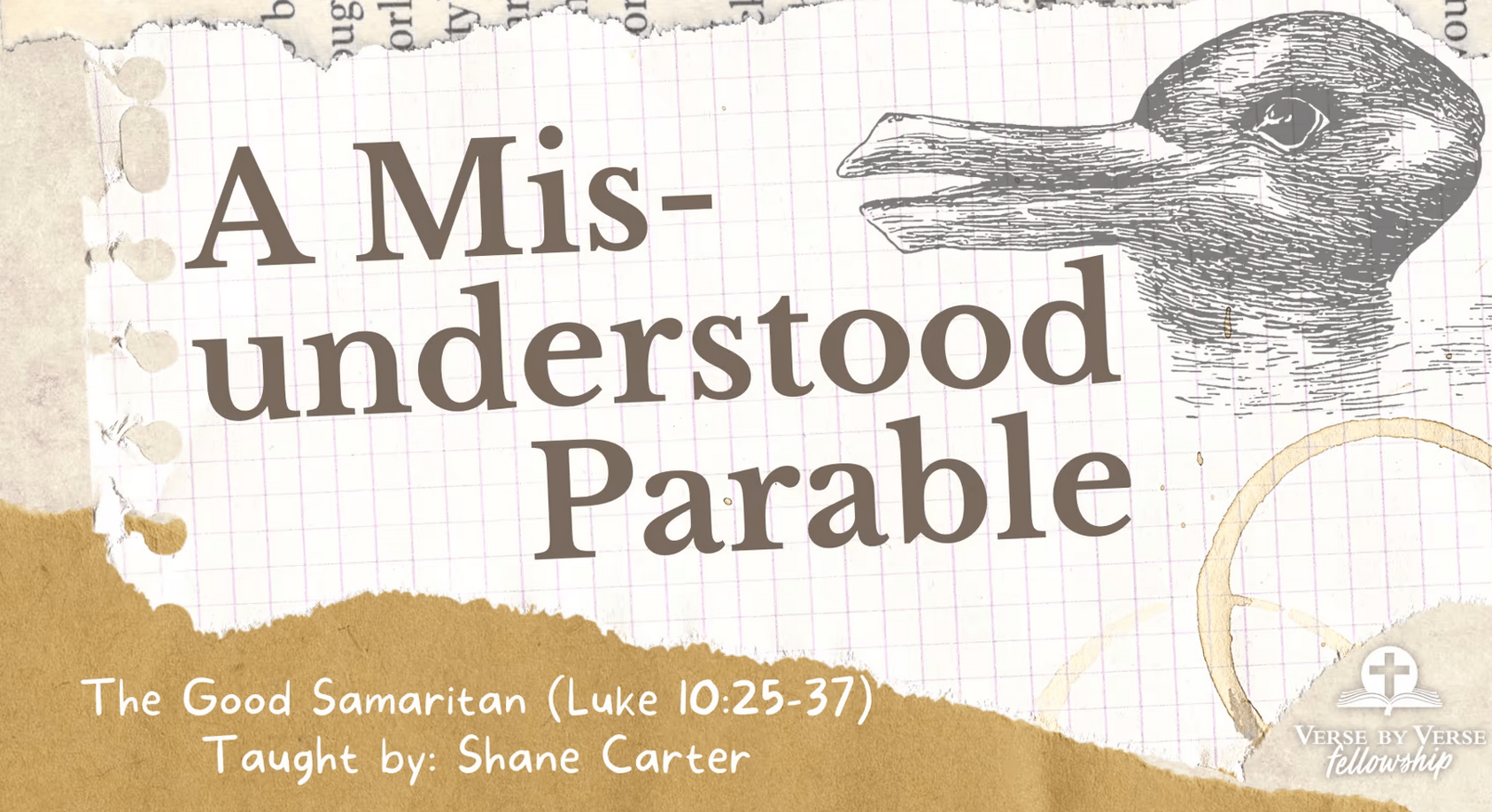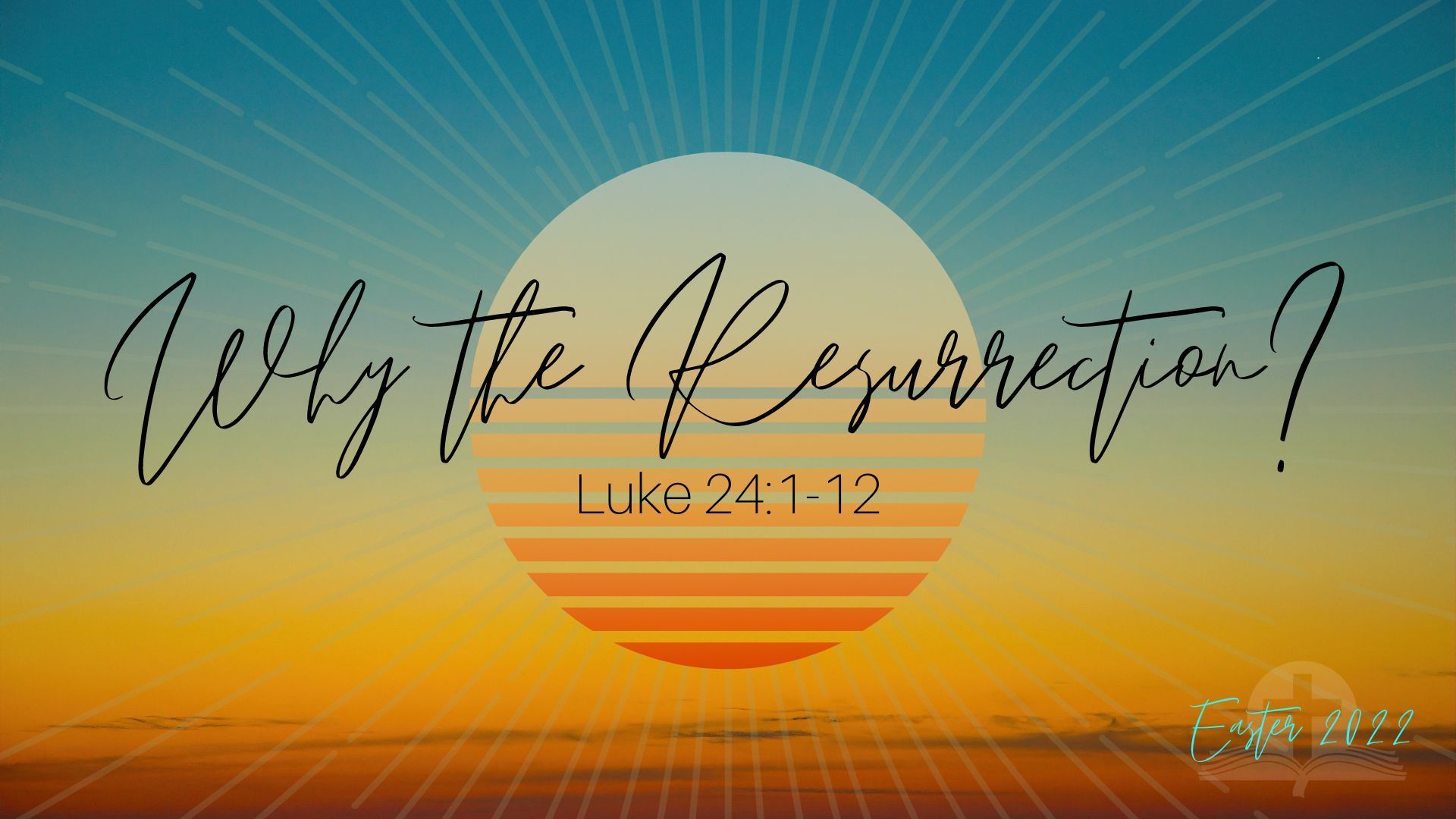MANUSCRIPT
LUKE 2:1-21 1 In those days a decree went out from Caesar Augustus that all the world should be registered. 2 This was the first registration when Quirinius was governor of Syria. 3 And all went to be registered, each to his own town. 4 And Joseph also went up from Galilee, from the town of Nazareth, to Judea, to the city of David, which is called Bethlehem, because he was of the house and lineage of David, 5 to be registered with Mary, his betrothed, who was with child. 6 And while they were there, the time came for her to give birth. 7 And she gave birth to her firstborn son and wrapped him in swaddling cloths and laid him in a manger, because there was no place for them in the inn.
8 And in the same region there were shepherds out in the field, keeping watch over their flock by night. 9 And an angel of the Lord appeared to them, and the glory of the Lord shone around them, and they were filled with great fear. 10 And the angel said to them, “Fear not, for behold, I bring you good news of great joy that will be for all the people. 11 For unto you is born this day in the city of David a Savior, who is Christ the Lord. 12 And this will be a sign for you: you will find a baby wrapped in swaddling cloths and lying in a manger.” 13 And suddenly there was with the angel a multitude of the heavenly host praising God and saying, 14 “Glory to God in the highest, and on earth peace among those with whom he is pleased!” 15 When the angels went away from them into heaven, the shepherds said to one another, “Let us go over to Bethlehem and see this thing that has happened, which the Lord has made known to us.” 16 And they went with haste and found Mary and Joseph, and the baby lying in a manger. 17 And when they saw it, they made known the saying that had been told them concerning this child. 18 And all who heard it wondered at what the shepherds told them. 19 But Mary treasured up all these things, pondering them in her heart. 20 And the shepherds returned, glorifying and praising God for all they had heard and seen, as it had been told them. 21 And at the end of eight days, when he was circumcised, he was called Jesus, the name given by the angel before he was conceived in the womb.
--------------------------------------------------------------------------------------
There’s this fascinating place in the book of Psalms, where a psalmist named Ethan the Ezrahite prophesies concerning the future King of Israel. Speaking an oracle on behalf of the LORD, he says, “And I will make him the firstborn, the highest of the kings of the earth” (89:27). Even higher than “King” Augustus Caesar? Yes, even higher than Augustus Caesar.
Again speaking of this future Davidic King, the psalmist continues, “I will establish his offspring forever and his throne as the days of the heavens” (89:29). Now that psalmist was speaking of the future Son of David Messiah. We call him Jesus, the “Savior, who is Christ the Lord,” according to verse 11. But I’ve got to tell you, Luke 2 doesn’t really sound like “the highest of the kings of the earth.” Jesus was born in a barn to peasant teenagers in the backwaters of the Roman Empire. Not exactly the location you would imagine for “the highest of the kings of the earth.” And yet you do have that event with the angels and the shepherds. That’s not your usual birth narrative for a king of this earth.
--------------------------------------------------------------------------------------
The title for the Christmas Eve message tonight and the theme for our entire service is “Behold Him.” Tonight’s message will not be a full exposition of this passage. Instead I want to briefly zero-in on a few simple, but profound, statements about Jesus. Just three simple truths about Jesus this Christmas Eve, 2022! When we say “Behold Him”… When we sing that in just a few moments… Who exactly are we beholding?
Well when we behold Jesus, we are beholding our Humble King.
1) Behold Him, our Humble King
Now that statement… that description of Jesus sounds almost oxymoronic. A humble King? A humble King? How can a King be humble? Doesn’t Kingship inevitably mean pride and pomp and circumstance? But consider a few things from Jesus’s birth narrative: 1) Jesus was born in a barn (or possibly a cave ) but not a palace. 2) Jesus was born in the backwaters of Israel, in Bethlehem, not the power centers of Rome or even Israel. 3) Jesus’s parents were peasant teenagers and his mom conceived out of wedlock. 5) Jesus was wrapped in strips of cloth and laid in a feeding trough. 6) Jesus’s birth was witnessed more by animals than people. That’s not exactly the way you would expect the King of the Universe to come into our world. And yet that’s the way God wanted it.
And it’s ironic too how this passage in Luke 2 begins. It begins with a statement about Augustus Caesar (also known as Octavian), possibly the greatest of all the Caesars in the Roman Empire. And what is Augustus doing? He’s showing his power by taxing his people. And in the Roman Empire, there’s “no taxation without registration.” And so he decrees a census. Little did Caesar know that this little plan to extract more tax revenues from his vast kingdom would be used by the God of the Universe to bring about the ultimate demise of his empire and give rise to the greatest King in the world in some podunk village in his kingdom.
And why did God do it this way? Why Jesus born in Bethlehem? Why Jesus in a feeding trough? One of the first great English commentators, a man named Bede (often called Bede the Venerable) who wrote in the eight century AD, said this about Jesus’s birth: “The sign given of the Savior’s birth is not a child enfolded in Tyrian purple, but one wrapped with rough pieces of cloth. He is not to be found in an ornate golden bed, but in a manger. The meaning of this is that he did not merely take upon himself our lowly mortality, but for our sakes took upon himself the clothing of the poor. Though he was rich, yet for our sake he became poor, so that by his poverty we might become rich.”
For whatever reason God wanted his Son born in obscurity, and he wanted him born in humility. Kent Hughes describes Jesus’s birth this way. “[At Jesus’s birth, there is] sweat and pain and blood and cries as Mary reached up to the heavens for help. The earth was cold and hard. The smell of birth mixed with the stench of manure and acrid straw made a contemptible bouquet. Trembling carpenter’s hands, clumsy with fear, grasped God’s Son slippery with blood—the baby’s limbs waving helplessly as if falling through space—his face grimacing as he gasped in the cold and his cry pierced the night.” That’s not exactly the tranquil picture of Jesus’s birth that we send out on Christmas cards this time of year.
So why this way? Why did Jesus come into our world this way? Maybe one of the reasons is because the manner of Jesus’s birth foretold his death. Martin Luther said once that when we look at the manger in Bethlehem, we should see wood that one day would take the shape of a cross. Messiah Jesus was born among animals and died with robbers. That’s the nature of Jesus’s kingship. It was a kingship born of humility, and King Jesus was born to rescue sinners from their plight.
-----------------------------------------------------------------------------------------
And that leads to my second point about Jesus, our King. When we behold Jesus, we are beholding our Humble King. But also, we are beholding the Universal King.
2) Behold Him, the Universal King
To think that God wanted the first witnesses to his Son’s birth to be animals… that’s bad enough. But for the first human witnesses to be shepherds… that’s just as bad! Why not priests? Why not rabbis? Why not respectable men? Why not military leaders? Why not soldiers? Why not scribes or scholars or the Sanhedrin? Why not… you know… important people?
And I think the reason for that is simply that Jesus didn’t come to save “some.” He didn’t come as the King of the well-bred or the well-mannered. Jesus came as the King of “all.” And all are welcome to enter his kingdom.
Tell me if you’ve heard this before, church. The ground is level at the foot of the cross. God is no respecter of persons, and so he wanted the first human witnesses of his Son to be the outcasts of society.
And by the way, my favorite characters in Luke 2 have to be the shepherds. Right? I just love the way they move from shock and awe to joyful exuberance. In Luke 2:16, after they encountered the angels, it says they went “with haste” to find Mary and Joseph and the baby in the manger. These guys probably thought they were going to die when they saw that host of angels. And then when they find out they aren’t going to die, but instead they are the privileged ones who get to first see the Messiah in the flesh, they are overcome with joy and start running to find Jesus.
So I just imagine these guys running like Usain Bolt all around Bethlehem looking for Baby Jesus. And when they found him, they just unleashed on Mary and Joseph all that happened between them and that host of angels. And then in Luke 2:20 it says, “And the shepherds returned, glorifying and praising God for all they had heard and seen, as it had been told them.” There was celebration. There was worship. There was merriment in Bethlehem. This was the first “merry Christmas” right here in Bethlehem 2000 years ago!
And that merriment continued forty days later when Jesus was brought to the temple in Jerusalem. Because, as Luke 2 continues, we have these two old saints (Simeon and Anna) who erupt in joy when they see Messiah Jesus in the flesh, as a baby, the hope of salvation for Israel.
What’s really remarkable is not only the shepherds that Luke writes about, but also the Magi from the East that Matthew writes about in his Gospel. That’s very significant in the Gospel of Matthew. Matthew wants the gospel message to get out beyond the confines of Israel. Matthew closes his Gospel with “Go and make disciples of all nations” (28:18-20), even those pagan Gentile nations. And of course all of this is foreshadowed by the men who come to visit Jesus in Matthew’s Gospel, the pagan, star-gazers from the East. Matthew’s trying to show his readers that, yes Jesus is the Jewish Messiah, but this Jewish Messiah will be a light to the nations (Just like Isaiah prophesied in the OT, by the way). He’s the Universal Savior. He’s the Universal King. And that has proven true over the last two millennia as Jesus has been worshipped and followed on every continent, and just about every nation on planet earth has a portion of Jesus followers.
-----------------------------------------------------------------------------------------
So just to be clear, Jesus is a Universal King. He’s a Humble King. And also, here’s #3. Who else are we beholding this evening? Well we are beholding a Spotless King.
3) Behold Him, a Spotless King
There’s an important place in this passage where Luke calls Mary, “his betrothed, who was with child.” Does everyone see that in verse 5? That’s a not-so-subtle statement there referencing Mary’s virginity. In other words she was “married” to Joseph, but they hadn’t yet consummated their marriage. And notice too in verse 7. “And she gave birth to her firstborn son.” Why just hers? What about Joseph? Well, we know from Luke 1, from what the angel told her, that she would conceive as a virgin and give birth to the Messiah.
People in our day like to sing, “Mary, did you know?” Yes, Mary knew! The angel told her! And the angel told Joseph too in Matthew 1 that he should go to Mary and take her to be his wife, even though she was already with child (1:18-25). That’s not exactly an exciting prospect for a pious, young, Jewish man in the first century. And she was conceived by the Holy Spirit? Who’s going to believe that at the family reunion! They must have been the talk of the town in Nazareth. But Joseph did it. He was obedient.
And maybe that’s why Joseph took Mary on a 90-mile journey, far from home, all the way to the town of Bethlehem, Joseph’s ancestral home. It kept her away from the wagging tongues in Nazareth. Of course, though, this was all part of God’s plan. A plan to have the savior of the world, born in Bethlehem (Matt 2:5-6; Mic 5:2). And also, born to a virgin (Matt 1:23; Isa 7:14).
And by the way, that’s why the virgin birth was so important. Some of you might ask this evening, “Is the virgin birth really that big a deal? Can’t we dispense with that antiquated notion, Pastor Tony?” No we can’t. It is a big deal. In fact it’s a huge deal.
Here’s why. Since sin is passed down to children through their fathers, Christ’s birth was not subject to that. And so Christ remained sinless at birth in a way that no other birth is sinless. Wayne Grudem says it this way, “The virgin birth also makes possible Christ’s true humanity without inherited sin… all human beings have inherited legal guilt and a corrupt moral nature from their first father, Adam (this is sometimes called ‘inherited sin’ or ‘original sin’). But the fact that Jesus did not have a human father means that the line of descent from Adam is partially interrupted. Jesus did not descend from Adam in exactly the same way in which every other human being has descended from Adam. And this helps us to understand why the legal guilt and moral corruption that belongs to all other human beings did not belong to Christ.”
And to that you might say, “Well, why did Jesus have to be sinless? Why did Jesus have to be spotless like animals of the OT?” Well the reason for that is very simple. Jesus had to be sinless, so that he could exchange places with you for your salvation. This is what you might call the “Great Exchange.” Jesus’s sinlessness is transferred to you, and your sinfulness is transferred to him and paid at the cross. And so now God reckons you as he does his own Son! Sinless. Spotless. Untarnished. Pure. And Jesus did that, not by being born into this world as a baby. No. As precious an event as that is, that was just the first step in God’s plan of redemption. It wasn’t in Jesus’s birth that salvation was purchased, it was in his death. And in dying for us as a spotless sacrifice, and in rising from the dead three days later, Jesus was and Jesus is our Spotless King. And we worship him. And we behold him.
1) Jesus, our Humble King
2) Jesus, the Universal King
3) Jesus, a Spotless King
-----------------------------------------------------------------------------------------
Let me close with this. As some of you know, I love Christmas songs and especially Christmas carols. And I want to close by quoting a few lines from one of my favorites. It’s a song called “In the Bleak Midwinter.” Maybe some of you were familiar with that song? It’s a beautiful song written by the poet Christiana Rossetti. And in her poem, she mixes some of the earthy elements of Jesus’s birth with the truly glorious elements of his birth. For instance she writes,
Our God, heaven cannot hold him // Nor earth sustain;
Heaven and earth shall flee away //When he comes to reign:
In the bleak mid-winter //A stable-place sufficed
The Lord God Almighty //Jesus Christ.
Enough for him, whom cherubim // Worship night and day,
A breastful of milk, //And a mangerful of hay:
Enough for him, whom angels //Fall down before,
The ox and ass and camel //Which adore.
And here’s my favorite part of that song. It’s the last stanza. And I want to leave you with this thought as we prepare to sing. Rossetti writes.
What can I give him // Poor as I am?
If I were a shepherd // I would bring a lamb;
If I were a wise man // I would do my part;
Yet what I can, I give him – // Give my heart.
There’s really nothing that you can give Christ in order to repay him for what he’s done for you. And there’s no way for you to earn his favor by giving stuff to other people this Christmas season. You can’t “Ebenezer Scrooge” your way to God’s favor with generosity towards others. And you can’t earn God’s favor by giving back to him.
All you can do is give him your heart. You give him your life! Receive his free gift of salvation and surrender yourself fully to his care. If you haven’t done that already, then let Christmas Eve 2022 be that day of salvation for you. Let’s bow together in a word of prayer, and then we can sing together.

Taught by Tony Caffey
Senior Pastor of Verse By Verse Fellowship
Single Teachings
